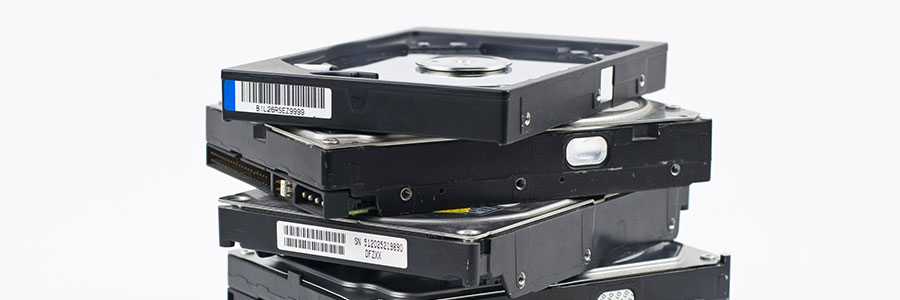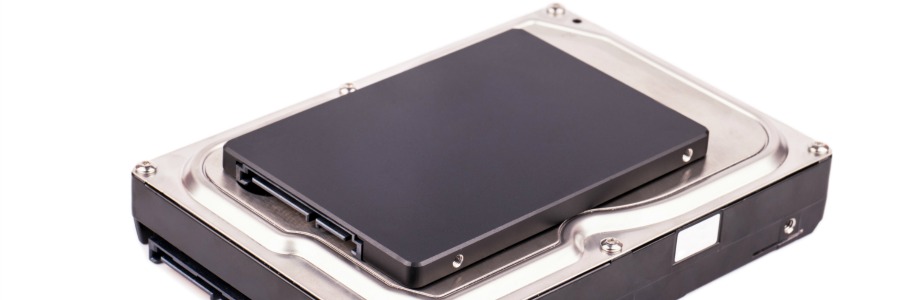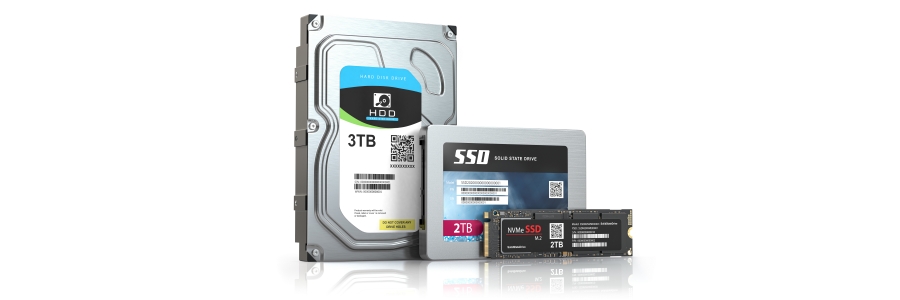PCs and laptops typically came with hard disk drives (HDDs), but buyers can now also have the option to configure their system with either HDDs, solid state drives (SSDs), or in some cases both. In this blog, we’ll compare both storage drives so you can make the best decision for your needs.
HDD vs. SSD: Which one should you get?
Data storage: HDD and SSD defined

When purchasing new computers, buyers used to have limited choices when it came to what kind of storage they got with their laptop or desktop PCs. But nowadays you can configure your system with either traditional hard disk drives (HDDs), increasingly common solid state drives (SSDs), or in some cases both.
Which is best, HDD or SSD?
Virtualization is different from the cloud

Cloud computing and virtualization are similar but that doesn’t mean that one can be substituted for the other. Each has its own benefits, so it pays to know how both work, so you can take advantage of them.
Virtualization
Imagine a company with five servers, each assigned a single task such as storage, email, etc.
Does Optane SSD deserve your data?

Intel has released a totally new type of hard drive designed for faster boot times and storage. People in the market for a new hard drive may consider this technology, but before making any big investments, you need to know the full capabilities of Optane SSD. Below is our review of Intel’s newest storage device.
The difference between HDD and SSD

When it comes to purchasing new computers, buyers used to have limited choice for what kind of storage they got with their laptop or desktop PCs. But with the invention of the solid state drive (SSD), you can now configure your system with either the traditional hard disk drive (HDD), SSD, or in some cases both.

